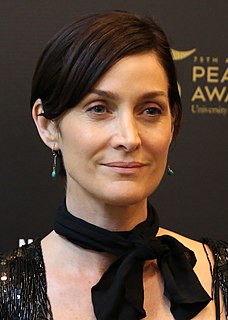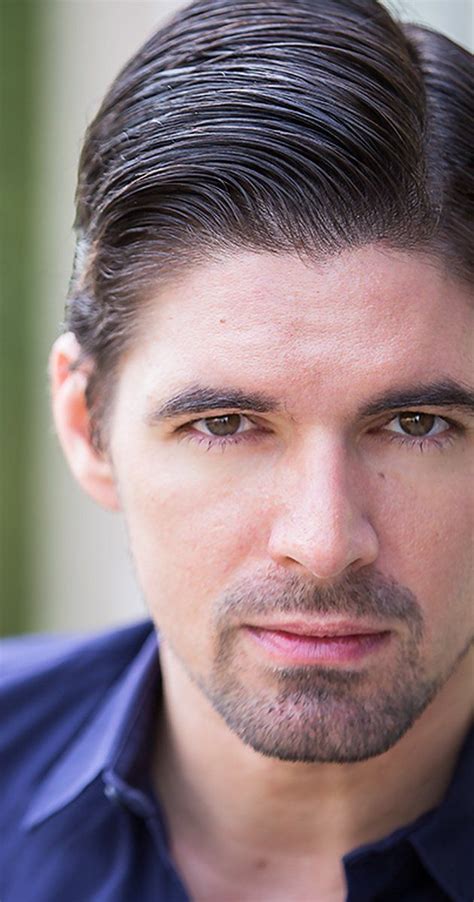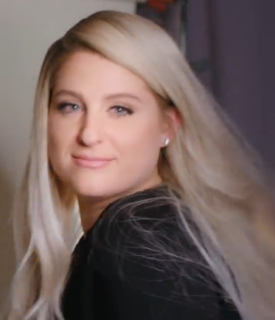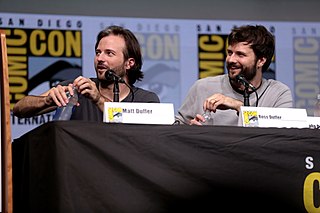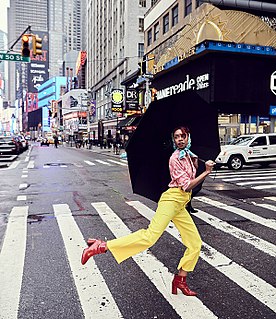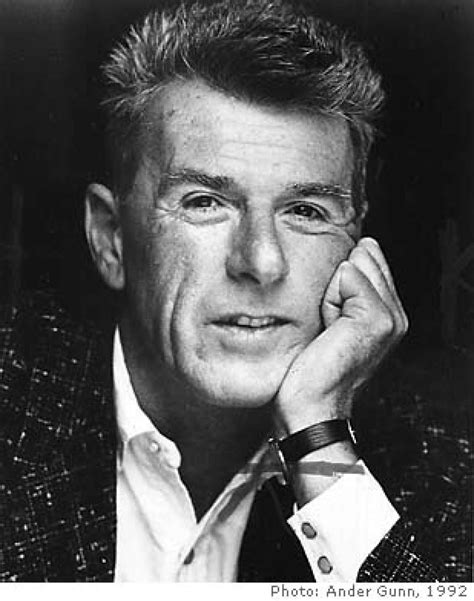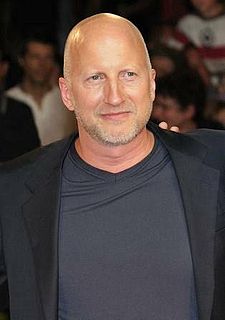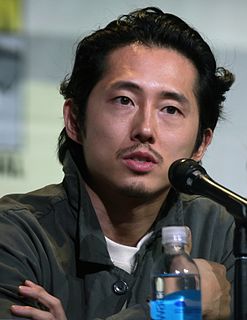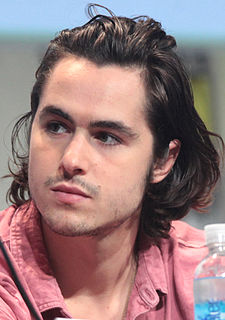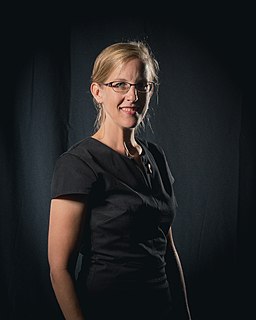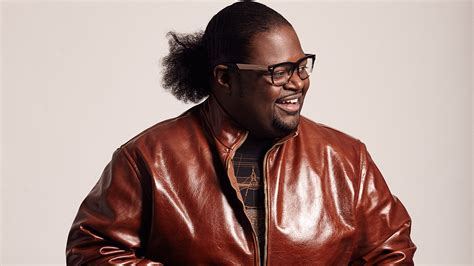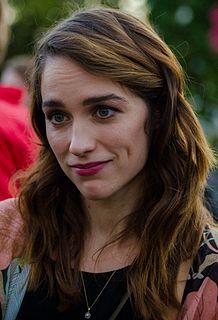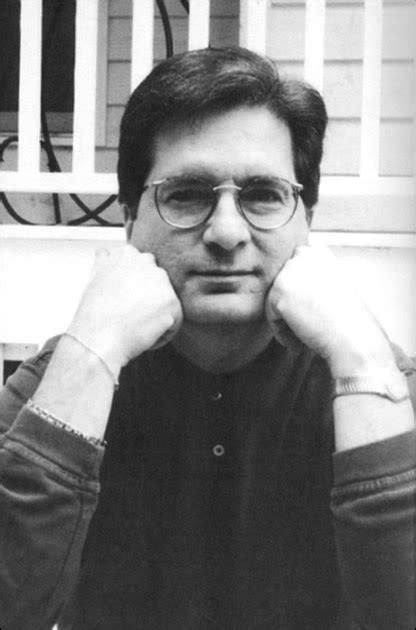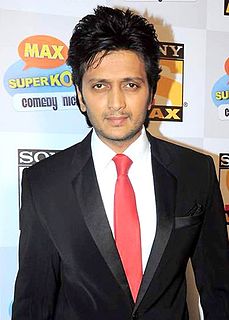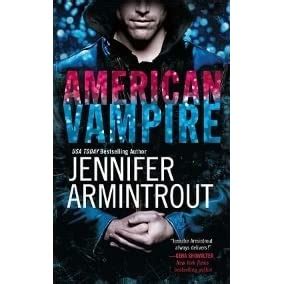Top 1200 Literary Genre Quotes & Sayings - Page 3
Explore popular Literary Genre quotes.
Last updated on November 28, 2024.
There are so many new young poets, novelists, and playwrights who are much less politically committed than the former generations. The trend is to be totally concentrated on the literary aesthetic and to consider politics to be something dirty that shouldn't be mixed with an artistic or a literary vocation.
I was born on Halloween night, 2:00 am on November 1st, but still Halloween night in the USA. I think it was a destiny for me to work quite a bit in the horror genre. I love the horror genre. Since I was a teenager, my friends and I used to go to a video store and rent many horror movies that we would watch over the weekend and then scare each other at school. I've been fascinated with the horror genre all my life.
Arnold Rampersad's stunningly revealing biography has, at long last, unveiled-in magisterial prose-the very complex and vulnerable man behind Ralph Ellison's own masks and myths. One of the nation's most brilliant writers emerges as all the more fascinating precisely because he was so very human. Painstakingly researched and compellingly written, Ralph Ellison is a masterwork of the genre of literary biography.
The moment in the account of Adam and Eve in the book of Genesis is when they realize they're naked and try and cover themselves with fig leaves. That seemed to me a perfect allegory of what happened in the 20th century with regard to literary modernism. Literary modernism grew out of a sense that, “Oh my god! I'm telling a story! Oh, that can't be the case, because I'm a clever person. I'm a literary person! What am I going to do to distinguish myself?...a lot of modernism does seem to come out of a fear of being thought an ordinary storyteller.
I do not know what might be the most fitting description.... I am a sinner. This is the most accurate definition. It is not a figure of speech, a literary genre. I am a sinner. And this is what I said when they asked me if I would accept my election as pontiff: I am a sinner, but I trust in the infinite mercy and patience of our Lord Jesus Christ, and I accept in a spirit of penance.
There is something essential and necessary about the immediacy and democracy of poetry. If you look at the history of literature, poetry is the one enduring genre from Homer to Ashbery - no other literary form has lasted as long. The novel is only two or three hundred years old... And yes, it's mainstream if we look back, we often turn to poetry to encapsulate what was going on in a particular moment because it crystalizes the experience in a very condensed and meaningful way.
My literary criticism has become less specifically academic. I was really writing literary history in The New Poetic, but my general practice of writing literary criticism is pretty much what it always has been. And there has always been a strong connection between being a writer - I feel as though I know what it feels like inside and I can say I've experienced similar problems and solutions from the inside. And I think that's a great advantage as a critic, because you know what the writer is feeling.
Considering that "literary fiction" is a sub-genre that's not quite the same as "literature," either, it follows that the short, semi-humorous bits posted online for all to see are something absolutely other, uniquely themselves compared to canonical short stories, for example, and so it'd probably be best to call it something other than "online lit" since I honestly think very little of it can compare to so-called "literature."



